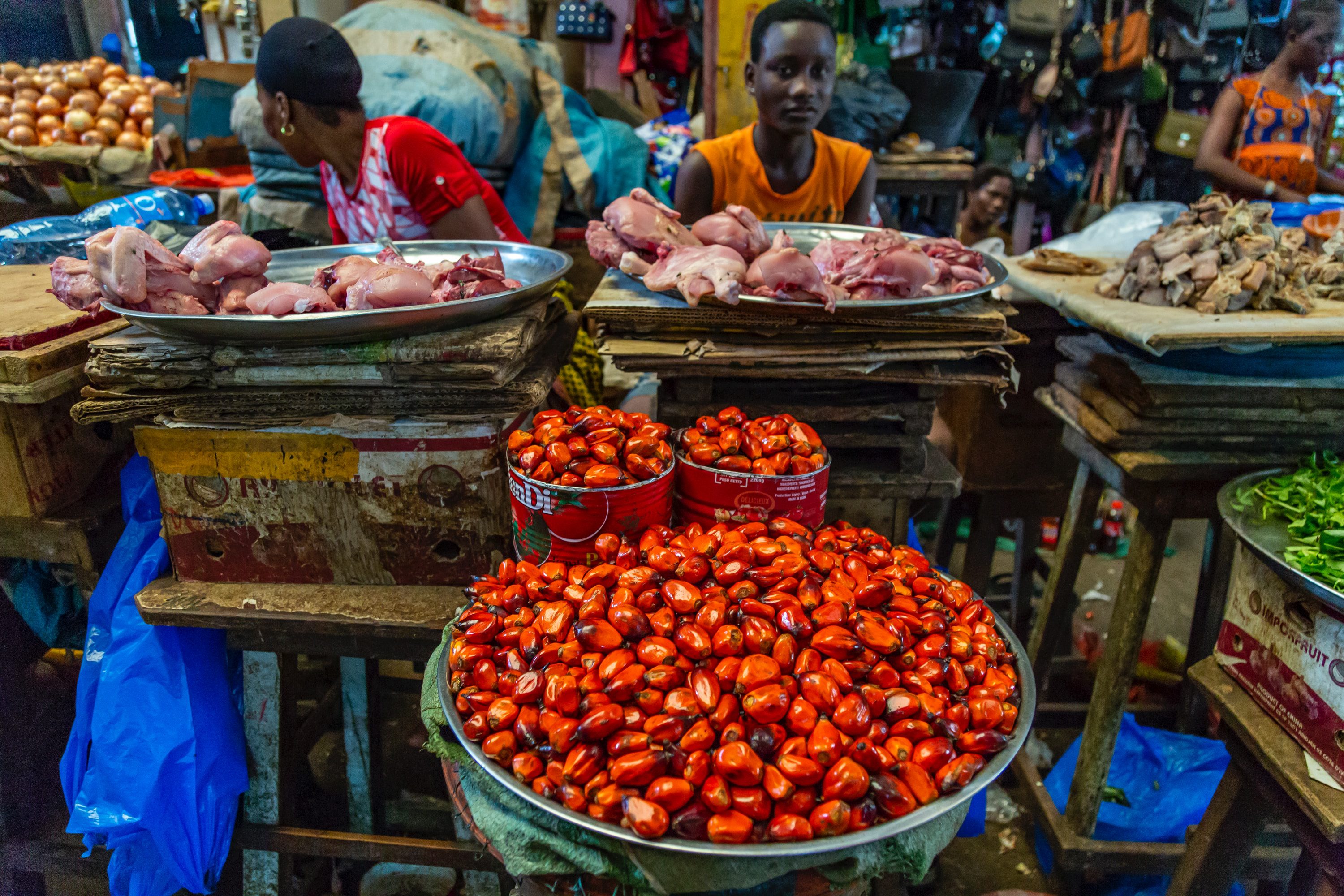Though African nations have enhanced economic freedom since the beginning of the new millennium, most have a long way to go before fully embracing the rule of law and economic liberalisation, which would unquestionably spur economic growth and prosperity.
The Fraser Institute’s annual Economic Freedom of the World report measures the degree to which the policies and institutions of countries support economic freedom. Essentially, the report measures economic freedom through a lens of personal choice, voluntary exchange, freedom to enter markets and compete, and security of the person and privately owned property.
The 2019 report, which ranks 162 countries and territories, finds stark differences among African countries, with Mauritius being the freest at ninth place and Libya the least free at 161. Despite its immense wealth in mineral and natural resources, Africa is the most economically unfree continent. Indeed, seven out of 47 African countries that are included in the report are among the bottom 10 when it comes to economic freedom, and more than half of them rank in the lowest quartile. Why should these findings worry Africans?
[perfectpullquote align=”right” bordertop=”false” cite=”” link=”” color=”” class=”” size=””]To attract businesses into the formal economy, African governments must increase economic freedom by doing two things: establish secure property rights and strengthen the rule of law, and scale back on regulatory mandates and taxes.[/perfectpullquote]
Economic freedom matters. According to more than 1,000 researchers in top peer-reviewed academic journals, people living in countries with high levels of economic freedom have higher levels of income, experience more rapid economic growth, have lower poverty rates, enjoy more political rights and civil liberties, and see lower gender and income inequalities. For example, countries in the top quartile of economic freedom had an average per capita GDP of $36,770 in 2017, compared with $6,140 for bottom quartile nations.
Unfortunately, 28 out of 47 scored African nations fall into this bottom quartile. In the top quartile, the average income of the poorest 10% is eight times higher than in the bottom quartile. Unsurprisingly, in the top quartile only 2% of the population live in extreme poverty, defined as living on less than $1.90 a day, compared with 27% in the lowest quartile.
Indisputably, development in Africa is contingent upon the promotion of economic freedom. To achieve this end African countries need strong rule of law and secure property rights, lower and simpler regulation, the African Continental Free Trade Area (AfCFTA), openness to foreign direct investment, stable currencies and good governance.
Africa has a unique problem: its informal economy accounts for as much as 80% of the region’s GDP and as much as 80% of employment. Research consistently shows that for business owners in Africa among the main factors pushing people out of the formal economy are overzealous regulatory mandates, high taxes, bureaucracy, corruption and weak rule of law. All of them are a reflection of low levels of economic freedom.
Here is the reality: African economies will keep underperforming until businesses that today operate outside the legal framework opt to transfer into the formal economy. Why is this important? The path to unlocking prosperity in Africa is paved with the building blocks that formalise the economy. Registered businesses create more jobs, record higher investment, enjoy legal protection against fraud, and have access to credit and capital, which creates opportunities for higher productivity and growth.
To attract businesses into the formal economy, African governments must increase economic freedom by doing two things: establish secure property rights and strengthen the rule of law, and scale back on regulatory mandates and taxes.
First, with private property protections it is crucial to emphasise that formal land titles not only tackle widespread property fraud but are also a prerequisite for Africans to be able to leverage their assets to engage in economic activities such as borrowing money, starting a business or assuring their business.
Importantly, establishing secure property rights for assets that are informally held would, as the Peruvian economist Hernando de Soto estimates, unlock $10-trillion of “dead capital” across the developing world, much of it in Africa. To unshackle this wealth, governments in Africa need to foster a more robust rule of law.
Second, high taxes and onerous regulations, such as lengthy and costly registration requirements, licensing and inspection requirements, are discouraging entrepreneurs in African nations from starting businesses and expanding them, or even pushing them into the informal economy.
Though economic freedom in Africa is higher than ever before, the continent has a long way to go before fully embracing free and open markets. Crucially, Africans need to muster the determination to stand up to their ruling elites, who generally oppose reforms towards economic liberalism. For better or worse, with these choices the future is in the hands of Africans themselves.
Tanja Porčnik is a senior fellow of the Fraser Institute specialising in economic and human freedom studies.

